The GHI Fund proudly support soldiers, lone soldiers, and active reservists in funding trauma therapy via private practice multilingual therapists to provide imminent specialized care. Soldiers can select their own therapist through our database of participating therapists.
.png)
Can You FIX her?
By: Daniel FundThe short answer? You cannot "fix" your wife. But you don't need to. You need something else a whole lot better...
Read More
My Unorthodox life: Exploring Differences of Opinion in Couplehood
By: Micki Lavin-PellWhen I work with couples through dealing with differences, whether it be religious or any other practice or want, I help the couple explore their deeper feelings around their differences of opinion and differences of practice. Couples deal with all kinds of differences. Some examples are issues around health and fitness, what kinds of food enters the home, what kinds of media are allowed, how to use finances, what dress represents members of the home, places to hang out and where not to go, how much time to spend together, what to do with the time they spend together, where to go on vacation, to name but a few.
Read More.png)
The Connection Between ADHD and Anxiety Disorders or Depression
By: Aviva Zahavi-AsaSeveral theories exist to explain the higher incidence of anxiety disorders or depression among individuals with ADHD. One theory presumes that because the same neurobiological systems that control attention also control mood, it is reasonable to assume that the neurological causes of ADHD also cause anxiety disorders or depression. Another theory posits that anxiety disorders or depression are an outcome of living with ADHD, especially if attention difficulties have gone undiagnosed or untreated for many years, often leading to chronic feelings of failure, frustration, disappointment and being overwhelmed.
Read More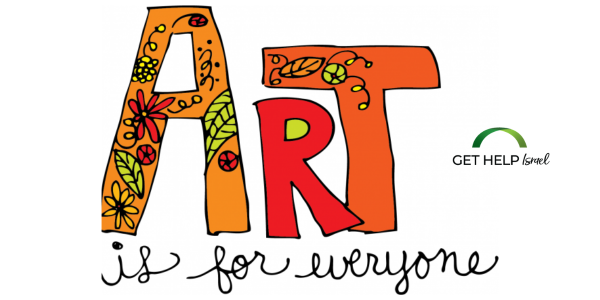
At Home Therapeutic Art Activities for Children During Global Pandemic
By: Sara FeinbergDuring challenging times, it is important to encourage children to express how they are feeling. Children often have difficulty articulating their emotions verbally- communicating through art or play is a great alternative. This can serve as a cathartic release, empower them, and help them process new circumstances.
Read More
Get Grounded With Art
By: Yannah PopovitzCreative expression can be a soothing and releasing form of self care and help us find our anchor.
Read More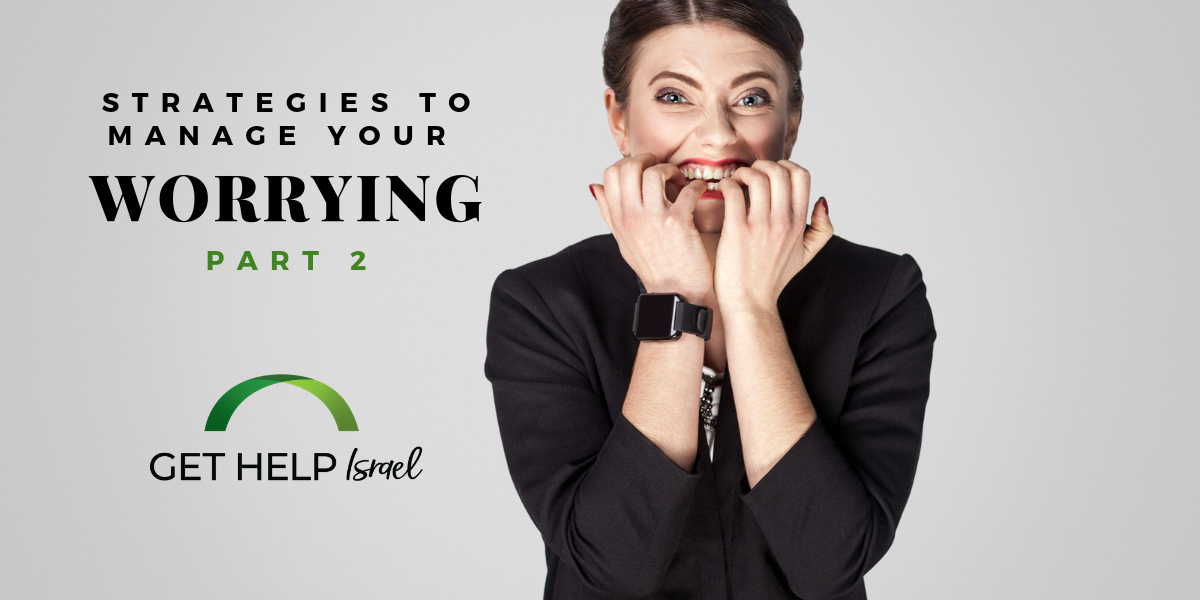
Ways to Manage Worry Instead of it Managing You – Part TWO
By: Daniel BaumIn part two of my blog, “Worry! Ways to Manage Worry Instead of it Managing You”, I am going to present to you some general recommendations and thoughts about dealing with worry.
Read More
Fundamentals of Trauma Recovery, Part 3
By: Chava LedererWhile extremely distressing, flashbacks are actually memories. Registering what is a memory, and what is happening now, is essential.
Read More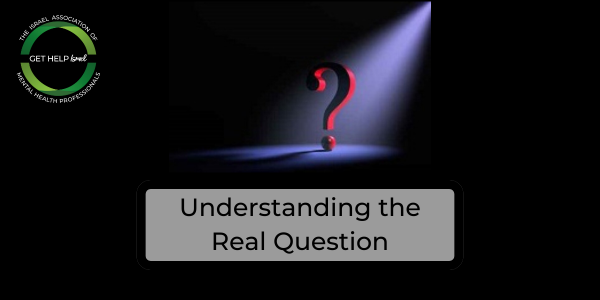
Beyond Their Words: Understanding the Real Question
By: Yisroel PickerPeter Drucker wisely stated, "The most important thing in communication is hearing what isn't said." This article delves into that profound truth, illustrating how discerning unspoken messages can transform our interactions. We explore the critical skill of understanding the true questions behind the words, from veiled pleas for help to the silent cries hidden in seemingly innocuous inquiries. Discover why truly effective communication requires listening not just to what is spoken, but to the deeper needs and concerns that remain unsaid.
Read More
Back To School With ADHD
By: Linda AvitanAdvice to parents who face particular challenges around back-to-school among children with ADHD. Suggestions are offered in the context of common challenges such as difficulties with lack of routine, learning new habits and impulsivity. I invite parents to consult with me to examine ways to understand what's behind certain behaviors and build strategies, smoothing the way for better coping.
Read More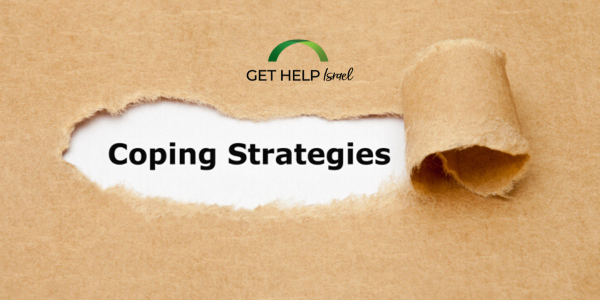
Feeling Helpless? Here Are 3 Corona (or Anytime) Coping Skills
By: Daniel FundIt can happen at any time or place. But especially now, with the impact of COVID-19 still being felt here in Israel even as things are finally opening up, it's an expected emotion to be feeling. Helplessness. And we are all in it together. Including your therapist. What can you do when you feel like this? Here are 3 powerful skills I know of.
Read More
In Relationship with Mental Illness
By: Chava LedererIf your spouse suffers from a mental health issue or addiction, there are some concrete steps you can take to improve your life. These are the first pieces of building your relationship.
Read More.png)
Taking a U Turn From Thought: A Mindful Pathway Out of Trance
By: Karen Burgman“Who is your enemy?” said the Buddha. “Mind is your enemy. Not one can harm you more than a mind untrained. Who is your friend? No one can assist you and care for you better than your mind well-trained. Not even the most loving mother or father.”
Read More.png)
Am I Depressed or Just Sad?
By: Jeni DantoGrowing up, I remember people saying, “I’m so depressed.” What made them so depressed? Various…
Read More
Embracing Transitions: Finding the MAGIC PAUSE Moment
By: Keren BurgmanAutumn is the season of change. I grew up in the Midwest, Chicago. First there…
Read More
Fundamentals of Trauma Recovery (Part 1)
By: Chava LedererIn trauma recovery, being mindful of your personal gauge will inform you what’s helpful, what is not, what soothes, what activates, what feels good, what is uncomfortable. Listening to your gauge is essential in deciding what’s the best for your recovery.
Read More
The Wondrous “Black Sheep”: the Truth Teller of a Family
By: Keren BurgmanHow often have you heard someone describing their family and either talking about a sibling…
Read More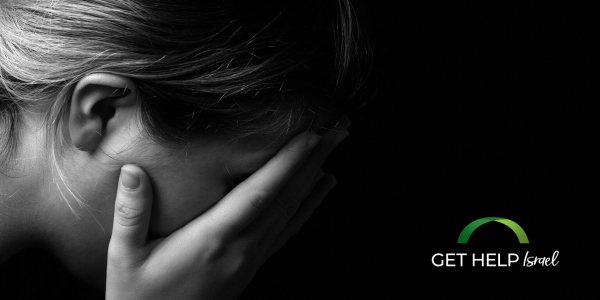
Dying at a Distance: Grief During Covid
By: Jeanne LankinHumans are incredibly resilient. I am constantly in awe of the people that I speak to, in my role as a bereavement therapist, who are creating amended rituals to help them cope with their painful losses. There is no correct answer to our predicament. It feels unfair to be deprived of the comfort of our traditions that help guide and heal mourners. However, we can try to creatively engage in meaningful adaptations of our rituals during this crisis to help us process our grief.
Read More.png)
Unmasking Manipulation: Understanding DARVO and Reclaiming Your Reality
By: Yisroel PickerMany of us encounter manipulation, but understanding its forms is key to navigating relationships healthily. This post delves into various manipulative tactics, with a special focus on the insidious DARVO strategy. Discover how recognizing these behaviors empowers you and learn about the path toward healing from their impact.
Read More.png)
Three Ways That Differentiation- Based Couples Therapy Changed My Life
By: Melanie LandauThe more that my sense of self is reflected to me by others the more I make myself vulnerable to be manipulated and gaslit. If I want to be loved, liked, appreciated by the other person more than I listen to myself then I set myself up for trouble.
Read More
Valuable Tips to Manage Pain
By: Ruth ShidloGiven what we know today, it appears likely that unresolved trauma, whether minor or major, plays a role in the persistence of chronic pain, through mechanisms of kindling (a self-perpetuating phenomenon of neural excitation) and priming (in which the brain readies itself to respond a certain way), that cause us to continually brace ourselves against the threat that caused the pain or the internal threat of pain itself. This is great news, because it means that to the extent that the trauma is worked through at the body/mind level, the pain should either disappear or lessen.
Read More

